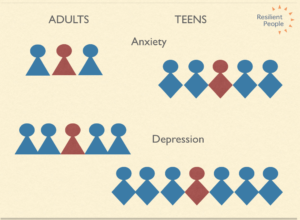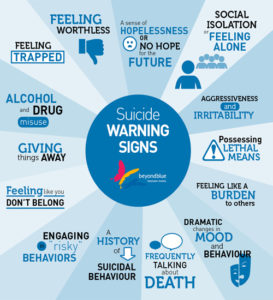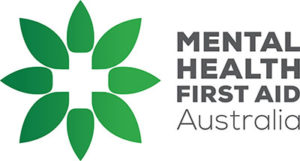
How important is mental health?

Walking around an office with maybe 20 people at their desks, it seems impossible that 5 of the 20 people may be experiencing the symptoms of a mental illness right now. The statistics may even be weighted on the positive side because not everyone goes to the doctor.
Health and Wellbeing
Our wellbeing and of course our health depends on so many factors but it’s becoming very clear that our physical health is affected by our feelings and emotions. Our ability to solve problems or even go about normal every day activities can be adversely affected if we are feeling really down or anxious.

Why don’t we know that someone is mentally unwell? Because there is still a stigma attached to being the illness and perhaps a fearfulness of being unable to talk to anyone because we might be labelled unfairly of being unable to do our job. Episodes of feeling mentally unwell are often sporadic and we can all help by asking the right questions.
It’s a great initiative. Right?
Not according to Jason or Emma who felt that it was just paying lip service to the idea. They were both going through a rough time but when someone asked if they were OK, in one instance, when the answer was no, the person walked off. For Jason, he felt compelled to answer, ‘I’m fine.’ when he clearly wasn’t.
People who are very anxious or depressed can be good at hiding it. We have some very high functioning people who are anxious but in a caring environment, a safe office environment, asking if someone is OK happens more than once a year on a special day.


